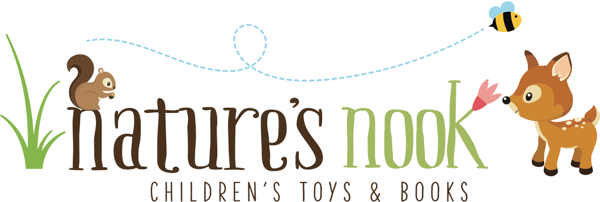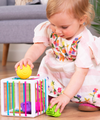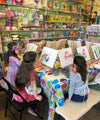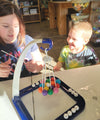Recent Post
Tags
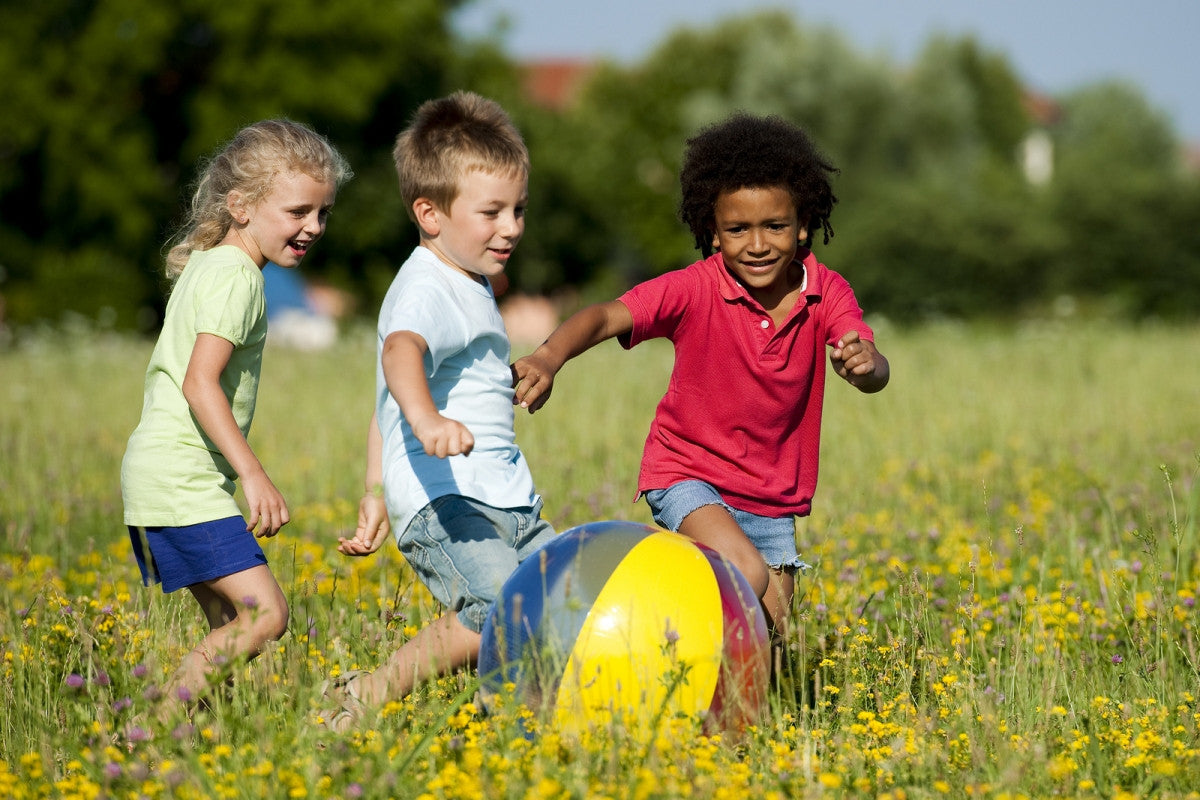
The Importance of Play
Deborah Burger-Peery
Oct 29, 2022
There are some behaviors that nearly all children have in common—activities that come to them as naturally as breathing and eating. Anyone who knows the world of children will agree that play is one of those behaviors.
There are compelling developmental reasons for a child’s instinct to play. Play is the way a child explores his world, builds skills, exercises his imagination and learns through experience.
Jerome Singer, Ph.D., Professor of Child Studies Emeritus at Yale University and a leading play researcher notes that learning through play is intrinsically motivating for children. “Play can miniaturize a part of the complex world children experience, reduce it to understandable dimensions, manipulate it, and help them understand how it works.”[1]
Consider what is happening when a child plays with blocks:
- Physical development. She is learning how to control small muscles and how to coordinate eyes and hands to stack and balance the blocks.
- Cognitive development. She is developing mathematical concepts by sorting the blocks by size and shape and figuring out what number of blocks are needed to fill a space. She is experimenting with the fundamental principles of physics, learning to predict cause-and-effect by discovering how high the blocks can be stacked before they fall.
- Development of imagination, creativity, and problem solving skills. Her block structure may be a house, a car, a village, a doll’s bed, or anything she wants it to be. It can be the main event in her play, or a backdrop. Whatever she decides, she is using her imagination and figures out how to make it—and how to fix it when “construction” doesn’t go as planned.
- Social and emotional development. She is learning how to stay on task, exercise self-control, “work” independently, manage frustration, and be resilient if her building project topples over. Her self-directed activity will help her enjoy learning and experience success—all of which build confidence, satisfaction, and the motivation to learn.
Many years of research by a number of scholars has documented that healthy childhood play plays an important role in these skills:
- Development of motor skills
- Sharpening of the senses
- Development of empathy and the ability to express emotions
- Understanding and practice of sharing, turn taking, and other peer cooperation skills
- Increasing control of compulsive actions and learning to accept delayed gratification
- Building ordering and sequencing skills
- Increasing the size of the vocabulary and the ability to comprehend language
- Increasing concentration skills
- Learning to navigate assigned roles
- Development of capacity to be flexible
- Expansion of imagination, creativity, and curiosity
- Reducing aggression
This array of life skills derived from healthy play draws a clear connection between play and the fundamental competencies that lead to success as adults in our culture—namely literacy, mathematical reasoning, creative thinking, and the ability to get along with others. It’s also natural, fun, child-affirming, and family-strengthening.
To add to the good news, wholesome play doesn’t necessarily require a lot of planning or equipment. “The activities that are the easiest, cheapest, and most fun to do, such as singing, playing games, reading, storytelling, and just talking and listening,” notes Jerome Singer, “are also the best for child development.”[2]
[1] Singer, Jerome L. and Singer, Dorothy. (June 1, 2000) Make Believe Play Boosts Learning and School-Readiness in Preschoolers, Yale Study Finds. Office of Public Affairs at Yale.
[2] Singer, Jerome L. and Singer, Dorothy. (June 1, 2000) Make Believe Play Boosts Learning and School-Readiness in Preschoolers, Yale Study Finds. Office of Public Affairs at Yale.
Reprint permission given by ASTRA to use on our website. Provided By Susan J. Oliver, Tropomedia. This information is provided on behalf of the toy experts at your neighborhood toy store.
← Older Post Newer Post →
